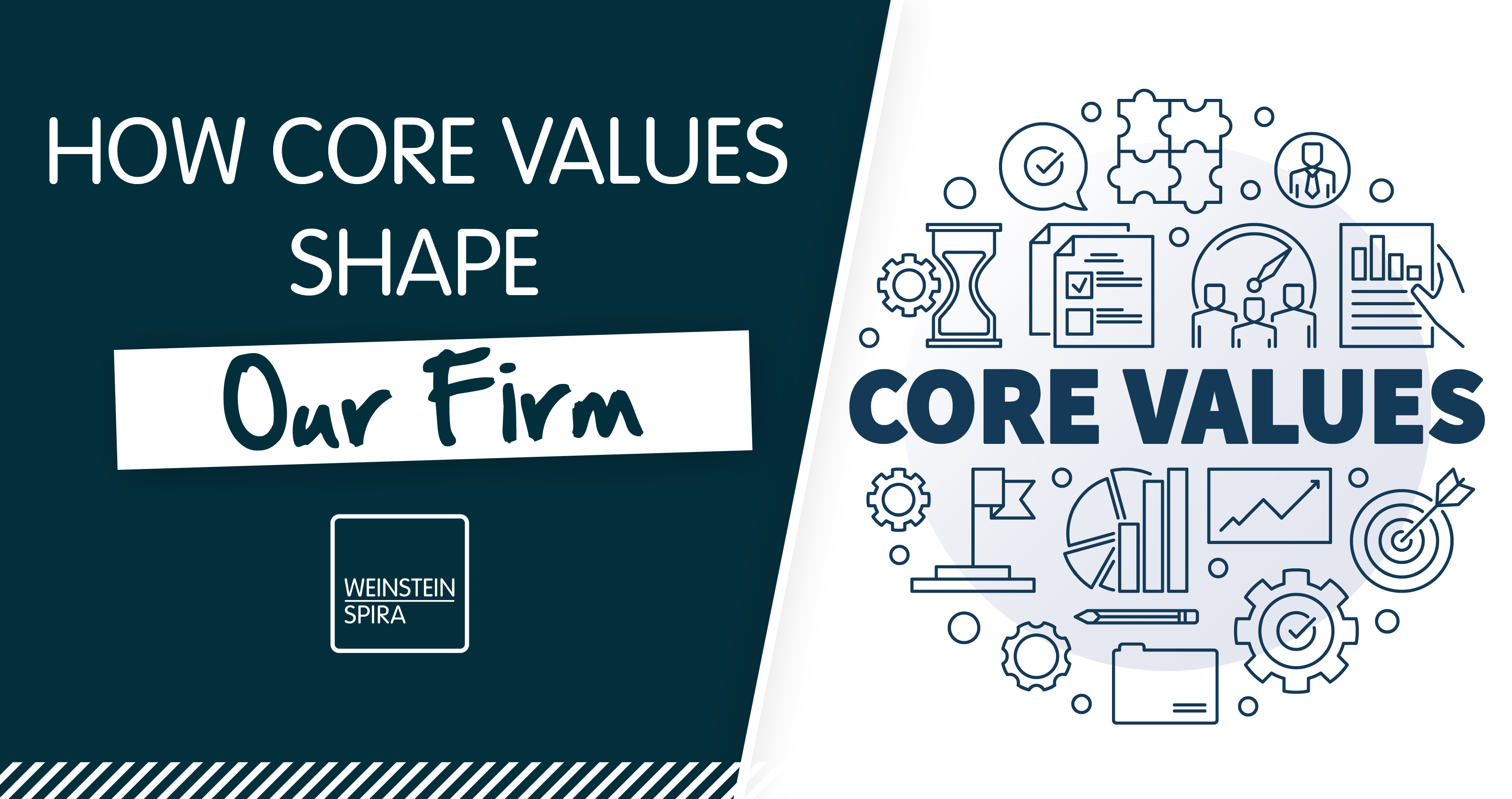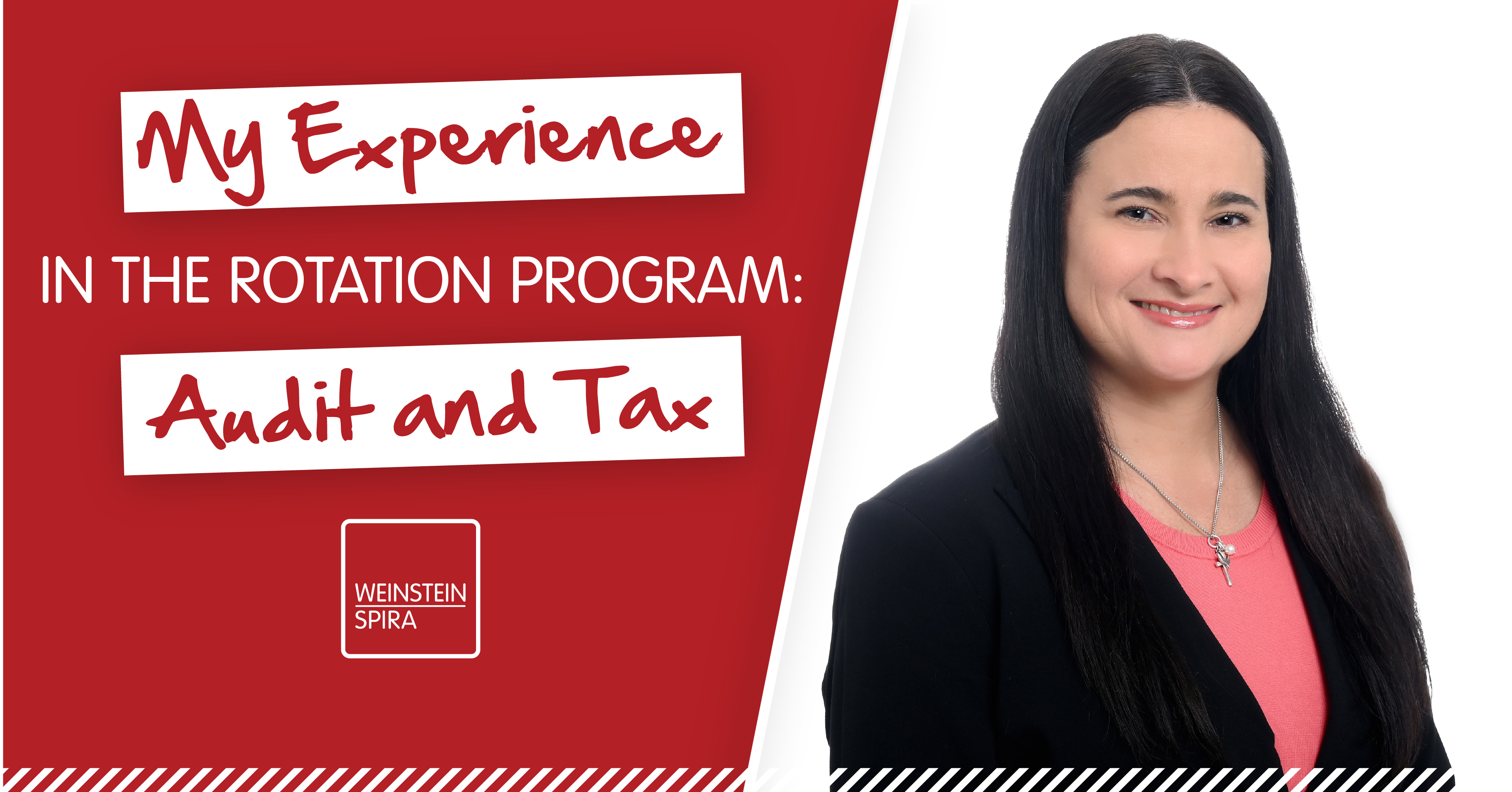Everyone knows that accountants love structure. A competency roadmap provides that and so much more by delivering precise expectations specifically tailored to every level within an organization. This tool can be utilized in various ways such as understanding and clarifying one’s role, defining how to advance in that role, and establishing well-defined expectations for all team members. This model eliminates ambiguity around one’s responsibilities and performance standards, while also revealing what is expected from those in higher positions.
Why Setting Expectations Is Vital
Expectations in the business world are imperative to creating a cohesive and fluid working environment. These guidelines reveal what is expected out of each employee to better help them understand an organization’s goals. It takes a collective effort for an accounting firm or business to run successfully, making it vital that everyone understands their integral role. Without these guidelines, there’s a risk of ineffective employees. It’s a well-known fact that business professionals tend to focus on the bottom-line and believe it or not, setting expectations can help improve profitability.
Communicating Expectations
While the competency roadmap is a helpful tool in setting clear and concise expectations, it is not effective if it isn’t communicated to your team. As an audit senior, I report directly to a manager, and I also oversee staff members. In managing staff, I have found it most effective to set up a preliminary “Setting Expectations” meeting that promotes open communication before we begin an audit. In this meeting, I utilize the competency roadmap to ensure that I am setting realistic expectations. Clear standards of when an employee is ready to move to the next level in the job are set out and explained. The roadmap leaves no question regarding what is anticipated at each job level.
How “Setting Expectations” Meetings Work
After implementing “Setting Expectations” meetings, I noticed a significant improvement in how smooth jobs went versus when these meetings were not being held. They provide all levels of employees with a say in how they want and expect the engagement to go. Some key points that I include in every meeting are as follows:
- Competency Roadmap: Discuss each team member’s role and what is expected out of them on the team.
- Goals: Explore potential opportunities that staff members may want to achieve and how the team can make that happen and use the information to set individual and team goals.
- Specific team responsibilities: Allocate the various sections of work that each employee is expected to be responsible for and maintain ownership of.
- Budgets: Define and communicate the hours employees are expected to work on their assigned areas.
- Communication: Establish how the team will communicate to work most efficiently.
- Feedback process: Detail the method that will be used to provide feedback and how often it will be given.
How Expectations Assist in Performance Reviews
Not only do the “Setting Expectations” meetings using the competency roadmap minimize confusion from the start, but they also assist in an evaluation of team member performance post-engagement. There are no doubts, inconsistencies, or even potential biases in terms of what is expected from each employee. Specifically, the competency roadmap gives all employees a tool to self-evaluate and eliminate any surprises in the evaluation meeting. Feedback is paramount in supporting an employee’s advancement by revealing areas of improvement and guidance on where to focus.
In Summary
There are many benefits of “Setting Expectations” meetings. When communication is clear and expectations are set, your audit engagement will run like a well-oiled machine.



